The Truth About Home Inspections: What Every Buyer and Seller Needs to Know
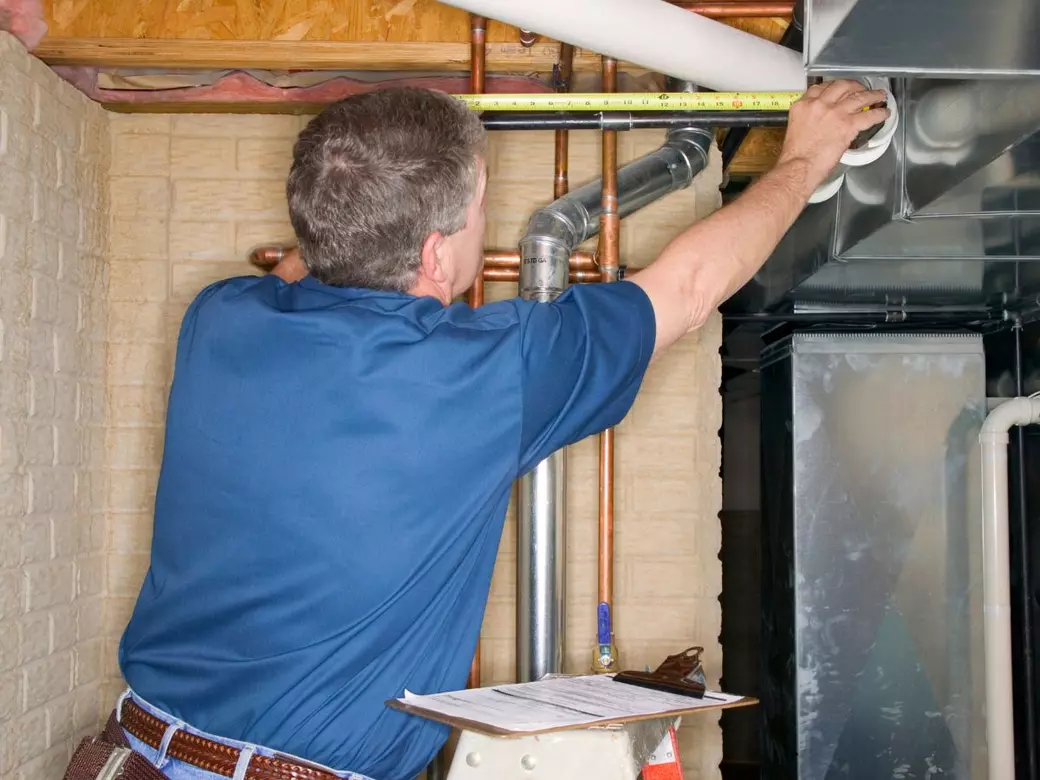
The Truth About Home Inspections in Virginia: What Every Buyer and Seller Needs to Know
So, you’ve finally found the home that feels just right — maybe it’s a peaceful ranch in Locust Grove, a charming colonial in Culpeper, or a modern new build in Spotsylvania. You’ve toured the property, imagined your furniture in the living room, and maybe even started thinking about paint colors. It feels like you’re almost at the finish line.
But hold on — before we get too cozy, there’s one critical step that can make or break your entire homeownership experience:
The Home Inspection.
Think of a home inspection as your behind-the-scenes tour of the property — one that reveals things the gorgeous granite countertops and fresh paint can't show you. Understanding the importance of a home inspection can save you from future heartaches, expenses, and surprises. For buyers, it provides peace of mind and leverage in negotiations. For sellers, a prelisting home inspection helps you avoid last-minute deal-breakers. These issues might not show up during your walk-through — but they can cost thousands to repair down the line. That’s why a thorough, unbiased inspection is non-negotiable.
Let’s dive deep into how this step works, why it matters, and how to navigate it like a pro.
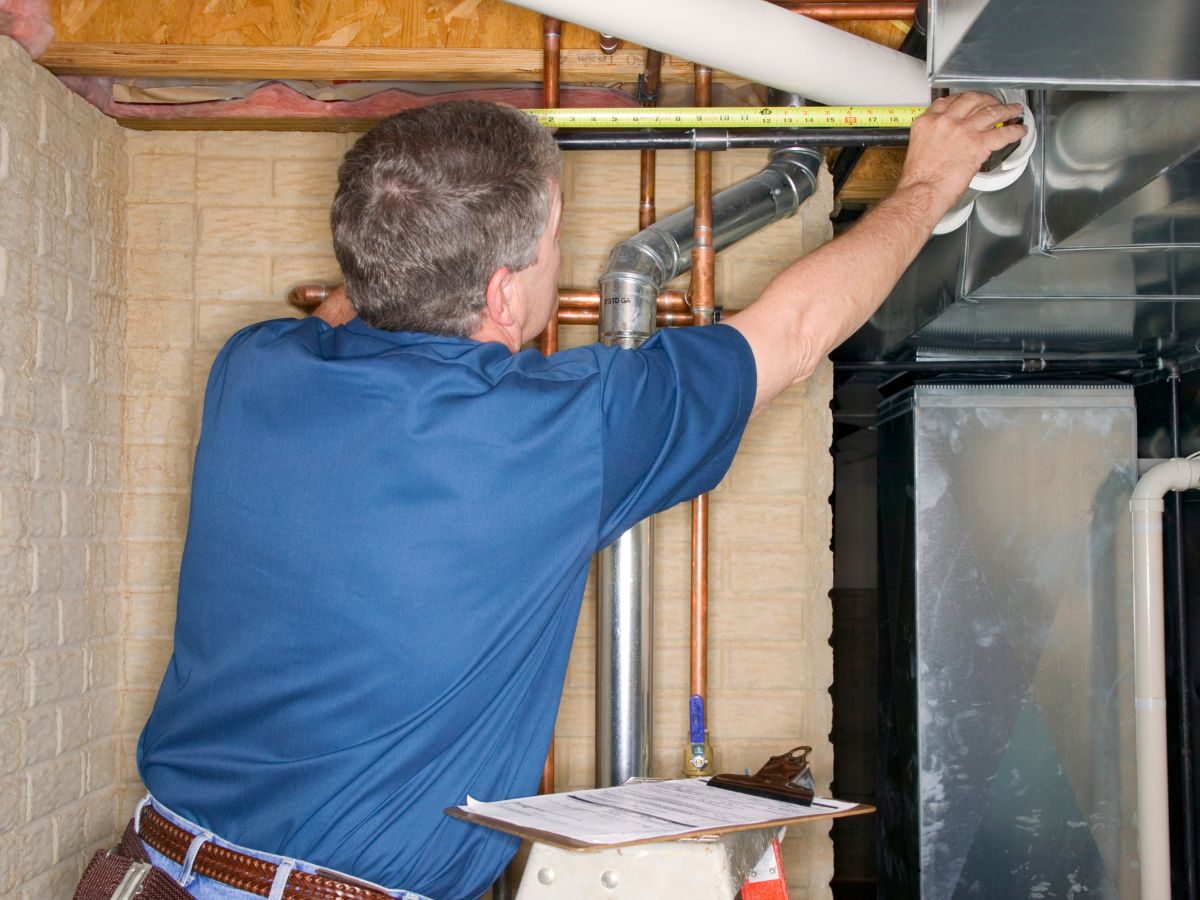
What Does a Home Inspector Actually Look At?
A licensed Virginia home inspector will typically spend 2 to 4 hours combing through the property. The length depends on the home’s size, age, and condition.
During that time, they’ll inspect:
-
Roof and attic
-
Heating and air systems (HVAC)
-
Plumbing systems
-
Electrical panels and outlets
-
Windows and doors
-
Foundation and crawl spaces
-
Insulation levels
-
Major appliances
They’re trained to notice not only existing problems but also potential future risks that might not need repair right away but could become a bigger issue later. It's also critical to do a pest inspection and test for Radon.
Not All Inspectors Are Created Equal — And That Matters
Here’s something most buyers don’t realize: Different types of homes call for different types of inspectors. That’s why I work with a network of licensed, insured professionals with varying specialties.
Maybe new construction is at the top of your list? I’ll pair you with an inspector who understands modern building codes and can perform key inspections at multiple stages — including pre-drywall inspections, which are essential if you want to see what’s inside the walls before they’re closed up.
If you are considering an older or historic home, hiring an inspector who knows what to look for in outdated electrical panels, galvanized plumbing, or foundation settling is best. Their experience with aging homes is invaluable — especially in areas like Culpeper and Orange County, where homes may be decades (or even centuries) old. This isn’t one-size-fits-all. You deserve specialized care.
What Makes an Inspector Qualified in Virginia?
In Virginia, the home inspection industry is strictly regulated, and inspectors must be:
✅ Licensed by the Virginia Board for Asbestos, Lead, and Home Inspectors
✅ NHIE-certified (National Home Inspector Exam)
✅ Trained through at least 25 supervised “ride-along” inspections before they’re allowed to work independently
This means you’re not just hiring someone with a clipboard and a flashlight — you're getting a certified professional trained to protect your investment.
Should You Be at the Inspection?
Short answer: Yes.
Your REALTOR® should be there for every inspection because they want to hear (and see) the details firsthand, ask the right questions, and ensure nothing gets lost in translation. I also recommend you attend, too, if possible — especially if this is your first time buying a home. But don’t worry if you can’t make it. The inspectors I work with are great communicators and will go over their findings with us afterward, either by phone or in person.
What to Expect From the Final Report
Within 12 to 24 hours, you’ll receive a detailed inspection report — your roadmap to understanding what’s going on beneath the surface of your future home.
Here’s what a strong report includes:
High-quality images documenting concerns
Detailed write-ups of what was found and why it matters
Repair suggestions or next steps — whether it’s a simple fix or something requiring a specialist
This report becomes a powerful negotiation tool. If there are problems, we may request repairs from the seller, ask for credits, or even renegotiate the purchase price. No matter what the report says, you’ll be making decisions with clarity and confidence — because you’ll have the full picture.
Sellers: Should You Get a Pre-Listing Inspection?
If you're a home seller in Virginia looking to avoid surprises and close faster, a pre-listing inspection might be one of your smartest moves.
Why? Because it gives you the chance to:
-
Make repairs before listing
-
Price your home appropriately
-
Build buyer trust with transparency
-
Reduce negotiations and last-minute deal fallouts
I can help you coordinate a pre-listing inspection and determine what to fix, what to disclose, and how to position your home for a quick and confident sale.
Common Home Inspection Myths (And the Truth!)
Let’s bust a few myths I hear all the time from buyers and sellers alike:
Myth #1: New construction homes don’t need inspections.
➡️ False! Even brand-new homes can have issues — from code violations to rushed work. Don’t skip it.
**Myth #2: The home inspector will find everything.
➡️ Not quite. They inspect what’s visible and accessible. They won’t tear into walls or test for things like mold unless it’s obvious.
Myth #3: If the home "looks good," the inspection isn't necessary.
➡️ A pretty kitchen doesn't guarantee solid plumbing. Inspections go beyond surface-level charm.
Final Thoughts: Protect Your Investment Before You Close
A home inspection isn’t just a checkbox on your real estate journey — it’s a powerful tool that protects your investment, uncovers hidden issues, and gives you the confidence to move forward (or walk away) with clarity. Whether you're buying your first home, PCSing to Virginia, selling your property, or transitioning from renting to ownership, knowing what lies beneath the surface can make all the difference. With the right guidance and the right inspector by your side, you're not just buying a house — you're making a smart, informed decision for your future. Let’s make sure you do it the right way, the first time.
Categories
Recent Posts
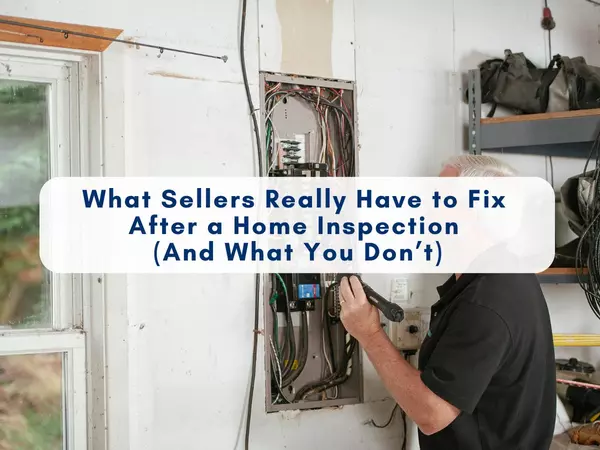

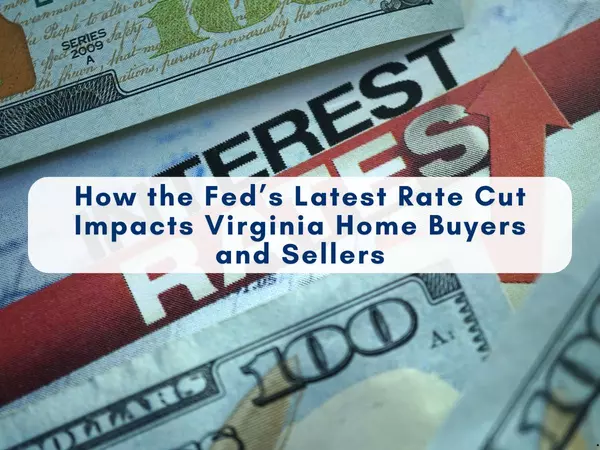

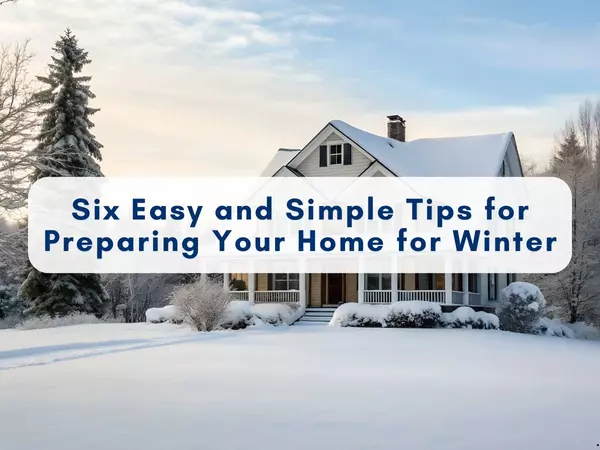
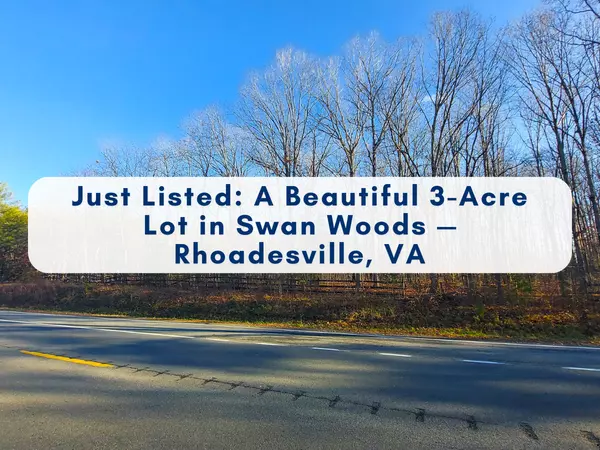
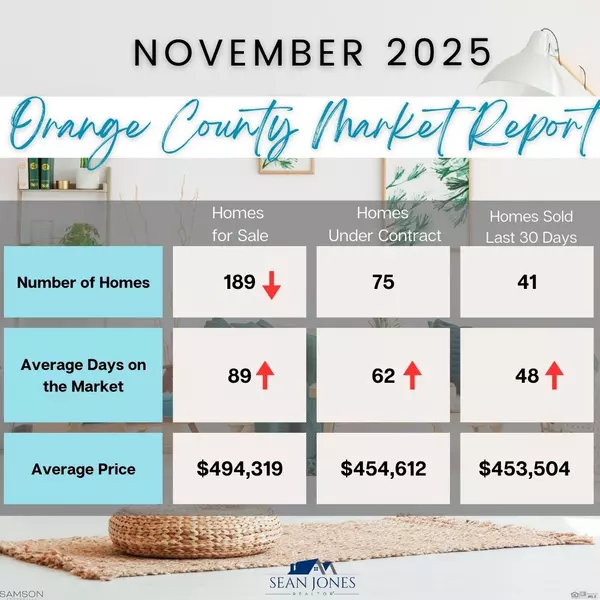
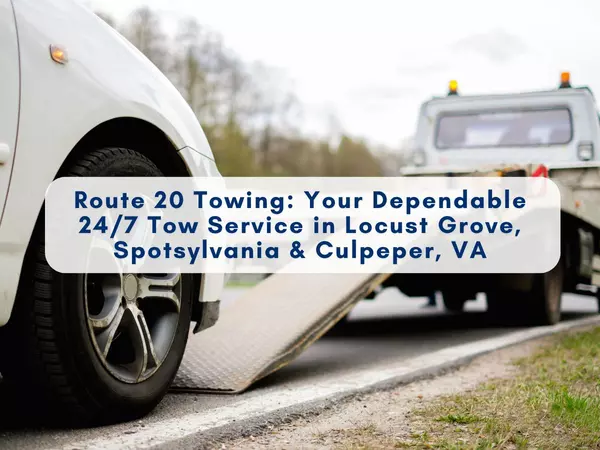

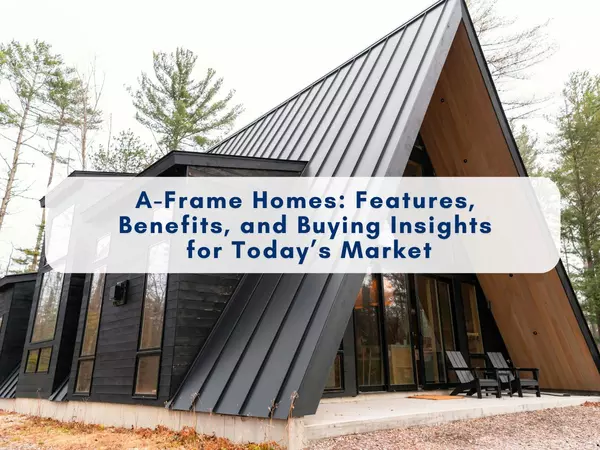

Buying a home isn’t just a financial decision—it’s a deeply personal journey filled with hopes, dreams, and big life changes. That’s why choosing the right real estate professional is one of the most important steps you can take.
A knowledgeable and experienced REALTOR® does more than open doors and write offers. They’re your advocate, your problem-solver, and your steady guide through what can sometimes feel like an overwhelming process. Whether it's navigating a competitive market, negotiating on your behalf, or keeping things on track behind the scenes, the right agent is there to protect your interests every step of the way.
In the end, buying a home should be an empowering experience. With the right person by your side—someone who brings both expertise and heart—you can move forward with confidence, knowing you're in good hands with Sean Jones.
GET MORE INFORMATION
